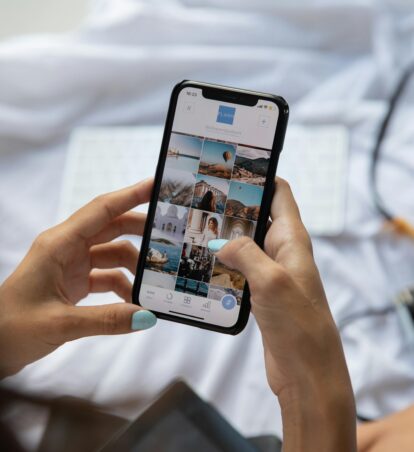Flywheel News | March 2025 Hotel Digital Marketing News | GCommerce
- Google Hotel Ads’ Sunsets Commission-Based Bidding, Now What?
As of February 20, 2025, Google has officially sunset its commission-based bidding strategy for Google Hotel Ads. This bid strategy, which only charged hotels for actualized stays produced by its hotel ads campaigns, became immensely popular during the COVID-19 pandemic. It took the risk out of running this type of media campaign from Google by allowing hotels to remove cancelled bookings from the commission payments. The transition from commission-based models to pay-per-click (PPC) systems in Google Hotel Ads has introduced both challenges and opportunities for hoteliers. Learn more here.
- Global Hotel Performance Shows Continued Resilience
Despite ongoing challenges, the global hotel industry demonstrated impressive resilience in 2024. Demand surged to 4.8 billion room nights—an increase of 102 million from 2023—fueling a 3.7% rise in revenue per available room (RevPAR). While resort and leisure-focused markets began to stabilize, urban markets saw a notable uptick in demand. With supply growth slowing and the resurgence of group, corporate, and international travel, RevPAR is projected to grow between 3% and 5% in 2025. See the full stats now.
- Annotations Are Now Available in GA4
Annotations in Google Analytics 4 enable users to add notes directly to reports, simplifying the process of tracking events, explaining data fluctuations, and highlighting key insights for teams. They help identify and document traffic spikes or declines, marketing campaign launches, product rollouts, and other significant changes. Learn more now.
- Discover Our Can’t Miss Cyber Sale Recommendations
It’s never too early to start planning for this year’s Black Friday and Cyber Sale season. Check out our experts' insights regarding ad performance across channels as well as their top recommendations for this coming season. Read here.
- Perplexity Can Now Book Hotel Rooms via AI Agent
In exciting news for independent hotels, Perplexity has released the first hotel booking AI agent in partnership with Selfbook booking platform. While it’s still working out kinks, this is an exciting first to market win for independent hotel booking platforms vs OTAs. Learn more here.
- GCommerce Celebrates Women’s History Month
For one of our favorite months of the year, Women’s History Month, we got to sit down with the female leaders here at GCommerce to get the stories of their own journeys as well as advice for other women interested in leadership. Read more here.
- Google Rolls Out AI-Powered Travel Updates for Search & Maps
Google enhances AI-powered travel planning with new itinerary and price tracking features across Search, Maps, and Lens. These updates introduce advanced trip-planning tools, making travel research more seamless. However, travel marketers now face growing competition from Google's AI-generated travel content. View these insights.


